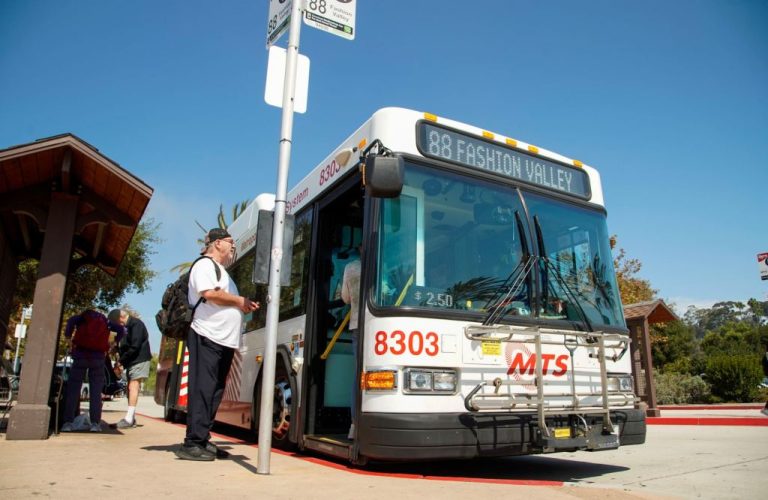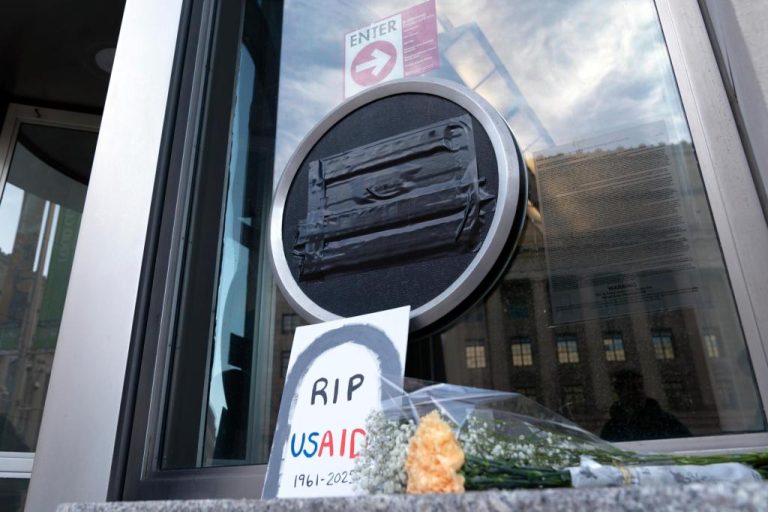
Hundreds of thousands of Britons receiving Personal Independence Payment (PIP) will see a rise in their payments this month, in line with September’s 6.7 percent inflation rate.
The benefit, which is distributed by the Department for Work and Pensions (DWP), is targeted at people who need extra help with daily tasks or getting around due to long-term illness, disabilities, or physical or mental health conditions.
Common conditions that people claim PIP for include psychiatric conditions, such as anxiety, depressive and mood disorders, as well as musculoskeletal, neurological, or respiratory diseases, such as asthma and cystic fibrosis.
PIP comprises two components: a daily living part for individuals requiring assistance with everyday tasks, and a mobility part for those needing help with getting around. Each component has two rates: a standard rate and an enhanced rate.
Whether people receive one or both parts depends on how difficult they find certain tasks, and people can apply even if they’re working, have savings, or are already receiving other benefits.
New PIP rates 2024
The new standard and enhanced payment rates that have come into effect this month are as follows:
Daily living tasks
- Standard rate – £72.65 (up from £68.10 a week)
- Enhanced rate – £108.55 (up from £101.75 a week)
Mobility tasks
- Standard rate – £28.70 (up from £26.90 a week)
- Enhanced rate – £75.75 (up from £71 a week).
The enhanced rate of the mobility component also gives people the option of getting a Motability vehicle instead of cash.
The changes mean those entitled to the full rate can now receive up to £184.30 a week, which translates to around £798.63 a month.
PIP is usually paid every four weeks.
To decide how much of the payment a person is eligible for, the DWP will conduct a PIP test, which involves rating certain tasks with a score based on how much their condition impacts it.
The daily living tasks considered by the DWP include:
- Preparing food
- Eating and drinking
- Managing your medicines or treatments
- Washing and bathing
- Using the toilet
- Dressing and undressing
- Reading
- Managing your money
- Socialising and being around other people
- Talking, listening and understanding.
The mobility tasks considered by the DWP include:
- Working out a route and following it
- Physically moving around
- Leaving the house.
How to claim PIP
To claim PIP, people must be aged 16 or over and the following must apply:
The easiest way to claim is to phone the PIP helpline. Claimants must then fill in a form, after which they’ll then undergo an assessment.






